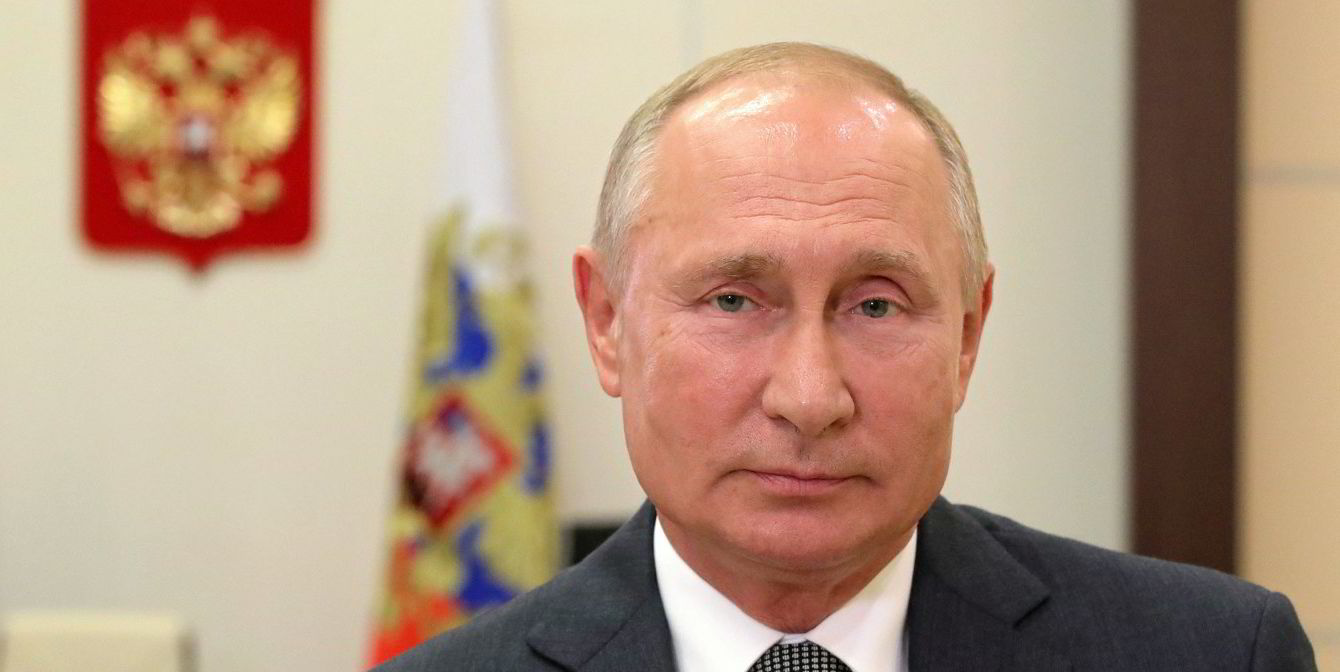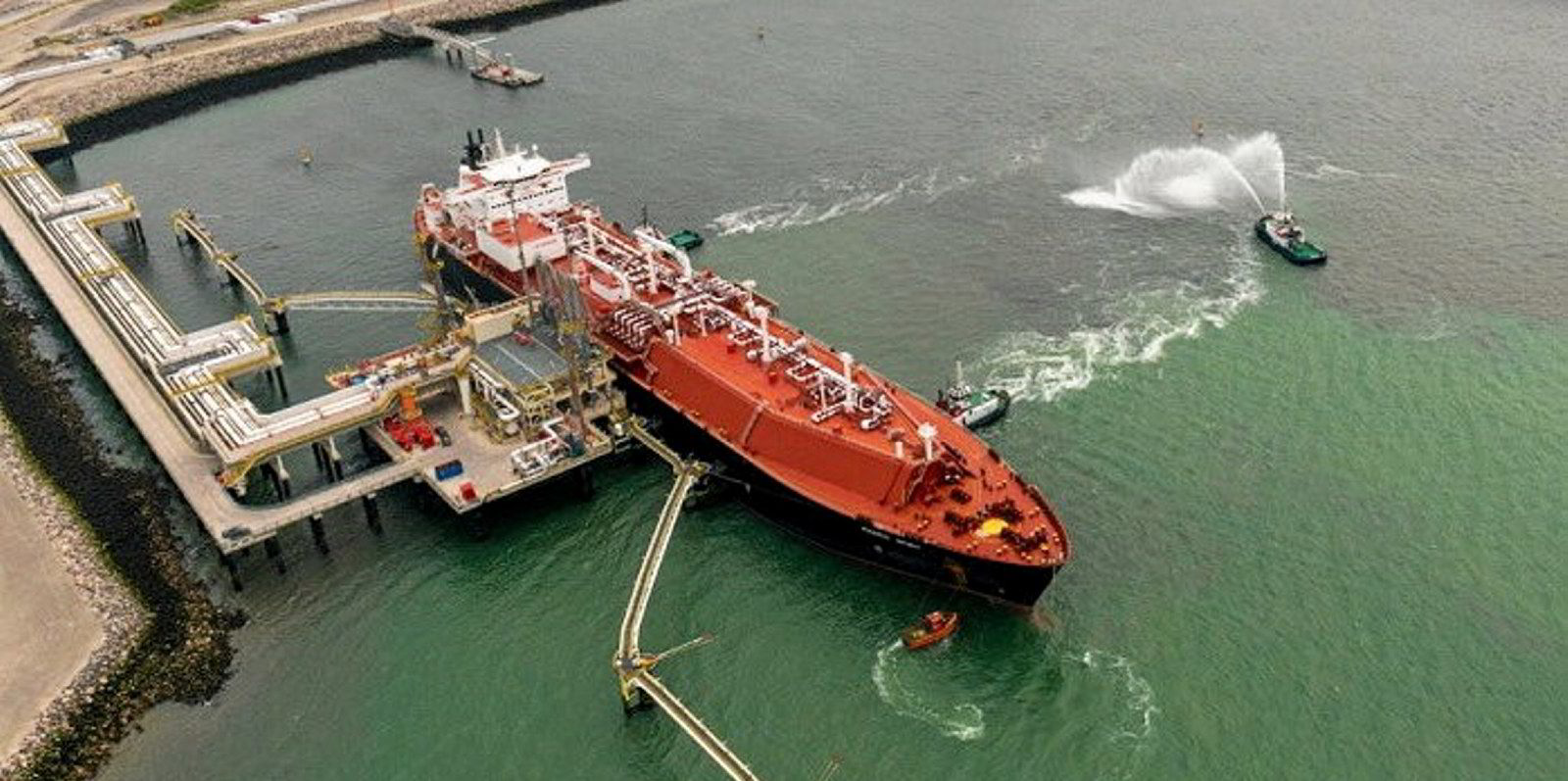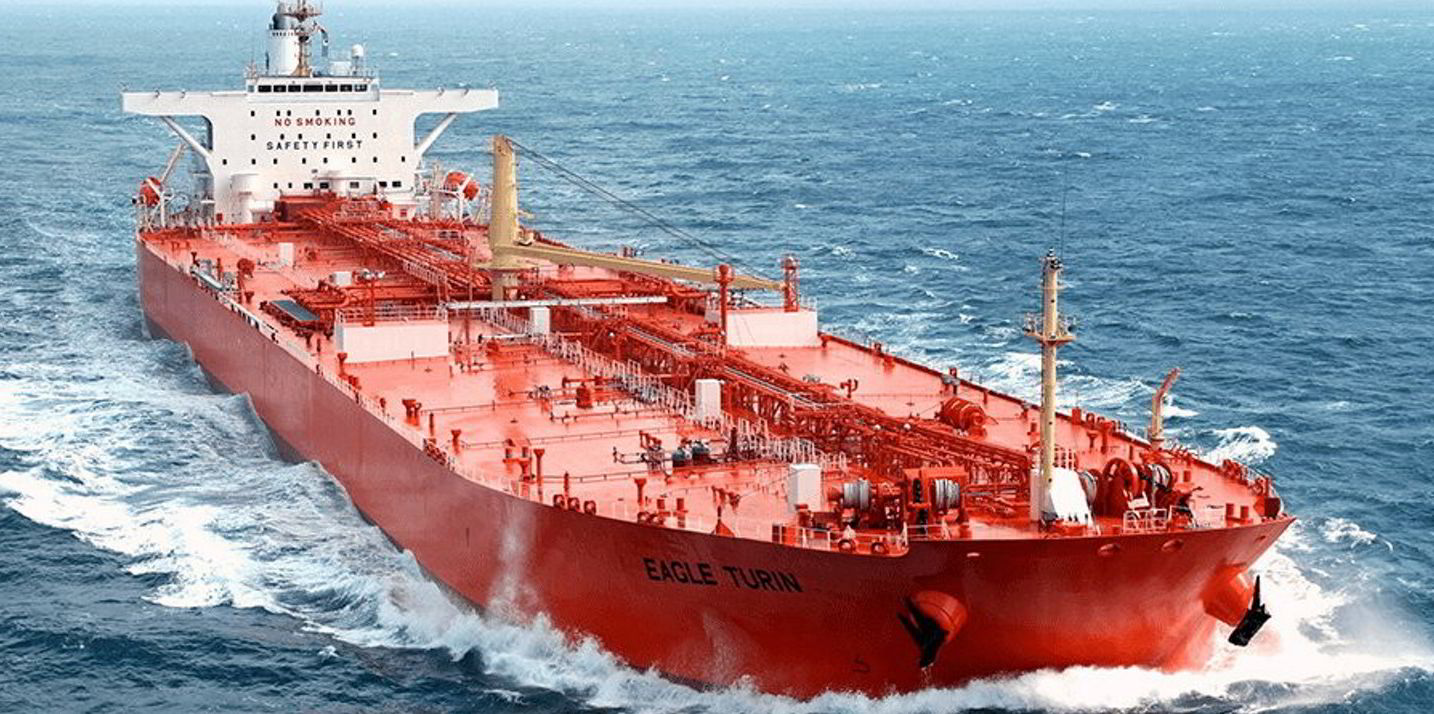MISC Berhad believes the Ukraine war will drive more investment in new LNG projects as European countries seek to reduce reliance on Russian piped gas.
The Kuala Lumpur-based hydrocarbons shipper said on Thursday that LNG imports to Europe are expected to increase because of concerns over Russian supplies, cold weather forecasts and reduced wind-based generation.
“Europe’s aim to diversify away from Russian gas is also expected to support an even more positive LNG project sanctioning environment in coming years, with many export projects, mainly in the US, advancing significantly in recent months,” the company said in its first-quarter results announcement.
MISC said the operating income of its gas assets and solutions segment remains stable, supported by its existing portfolio of long-term charters as it pursues growth opportunities in the market.
Operating profit for the quarter came in at MYR 2.87bn ($653m), a 12.9% increase over the MYR 2.54bn figure a year earlier.
Higher revenue in the gas segment came mainly from charter commencements of three very large ethane carriers, the company said.
Its tanker, offshore, and marine and heavy engineering businesses all increased revenue due to improving markets.
On the tanker front, higher freight rates were mostly seen in the midsize segment.
Despite the higher operating profits, MISC said higher finance costs, coupled with a lower share of profit from joint venture entities, dragged its profit before tax down to MYR 386.6m from MYR 405.7m in the first quarter last year.
President and chief executive Datuk Yee Yang Chien said: “MISC’s strong first-quarter financial results for 2022 [are] a testament to the disciplined execution of our strategies, our resilience and ability to sustain the momentum of growth across the group.
“This sets us firmly on the progressive path towards ensuring the successful execution and delivery of our ongoing projects as we continue to navigate the challenging macroeconomic environment.
“Our journey forward in the coming years will be guided by two parallel growth strategies, namely the rolling five-year strategy that is based on the business-as-usual portfolio, as well as the longer-term strategy of MISC 2050, which focuses on identifying new business opportunities to be added to our present business portfolio.”





